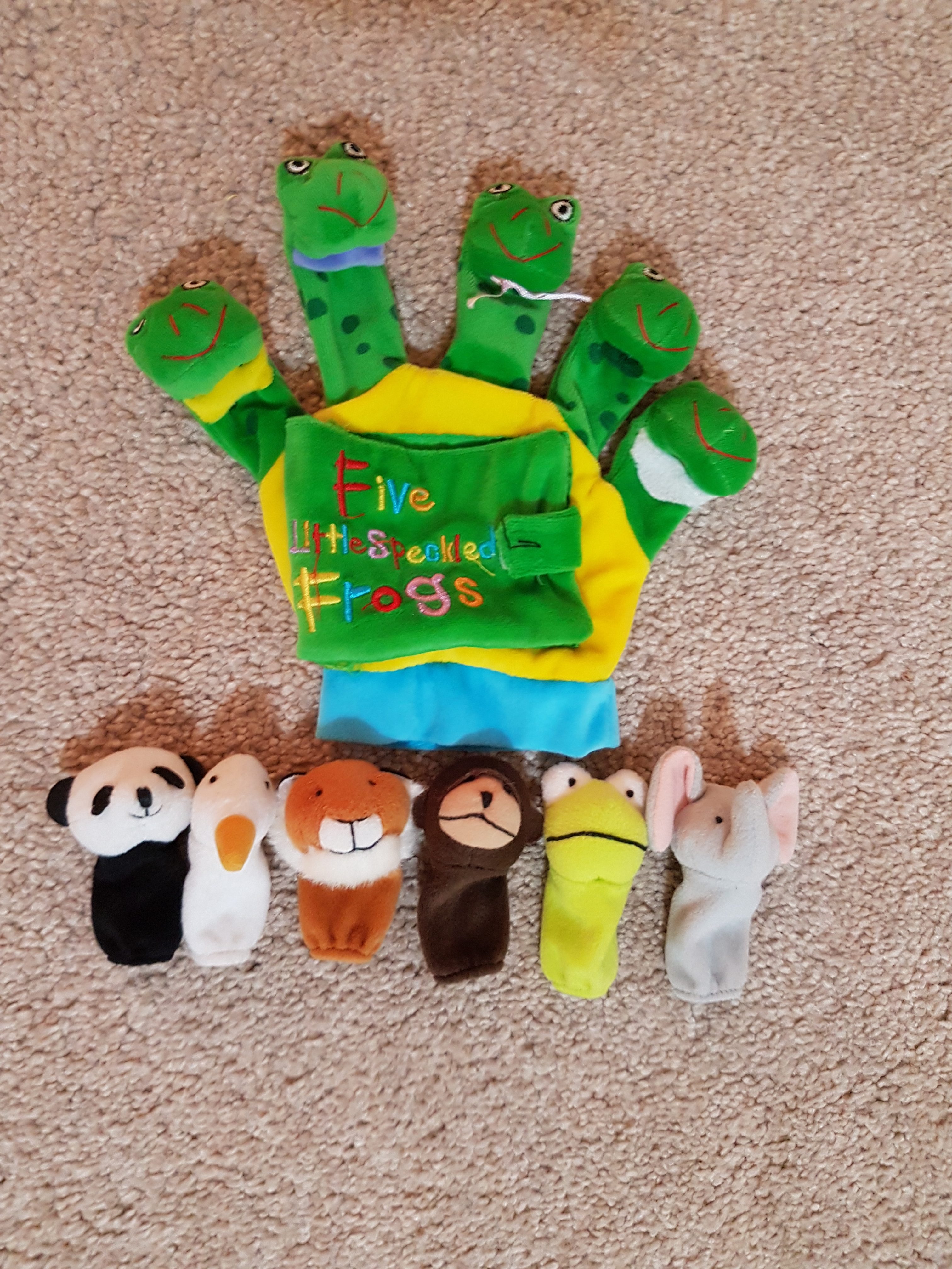This is my first in a series of posts to show you how you can support your child’s language and communication development during daily activities and routines. As a Speech and Language Therapist and a mother of two young children I am aware of the importance of communication development but also realise how busy family life can be.
The suggestions in my posts are intended to be easy to include into daily routines.
Even though both my children are now school age they continue to enjoy songs and rhymes. I remember singing to them from when they were tiny babies. Whether it was a calming rhyme to attempt to settle them in the middle of the night or daytime action rhyme. To begin with I did feel slightly self conscious as I am aware that I don’t have the best singing voice, but the feedback from a little face smiling back at me soon made me less so.
I am going to share with you some of the benefits of using songs and rhymes and some ideas I use when singing with my children.
Singing rhymes and songs supports the development of:
- new vocabulary
- how sounds combine and blend together to form a word
- rhythm, rhyme and different beats
- non-verbal communication skills
- social skills
- hand eye co-ordination by copying actions
- language, communication and literacy skills
Making the most of songs and rhymes
- Sitting face to face with your child enables you to see each other’s facial expressions.
- Singing slowly and clearly gives your child the opportunity to learn how sounds combine and blend together to form a word, hear each single word and join in by taking a turn
- Pausing during key parts of the rhyme gives your child the opportunity to take a turn. How they take their turn will depend on their stage of development. It may be a single word, a sound, or even an action or change in facial expression.
- Make the songs and rhymes visual by using props such as puppets and pictures
- Don’t expect too much from your child. To begin with focus on singing one or two songs from a small selection. This will help your child to become familiar with the songs. You will both begin to have favourites.
- Words to rhymes and songs can be found on the internet and also check out your local library as they often hold Rhyme time sessions.
- Most importantly – Have fun!





